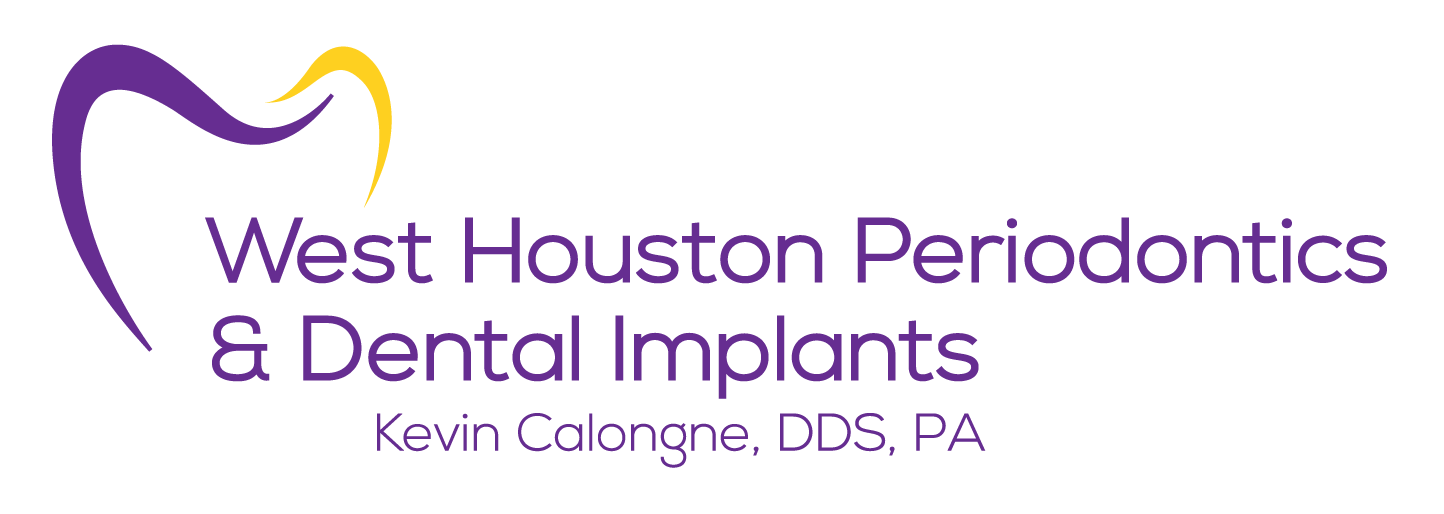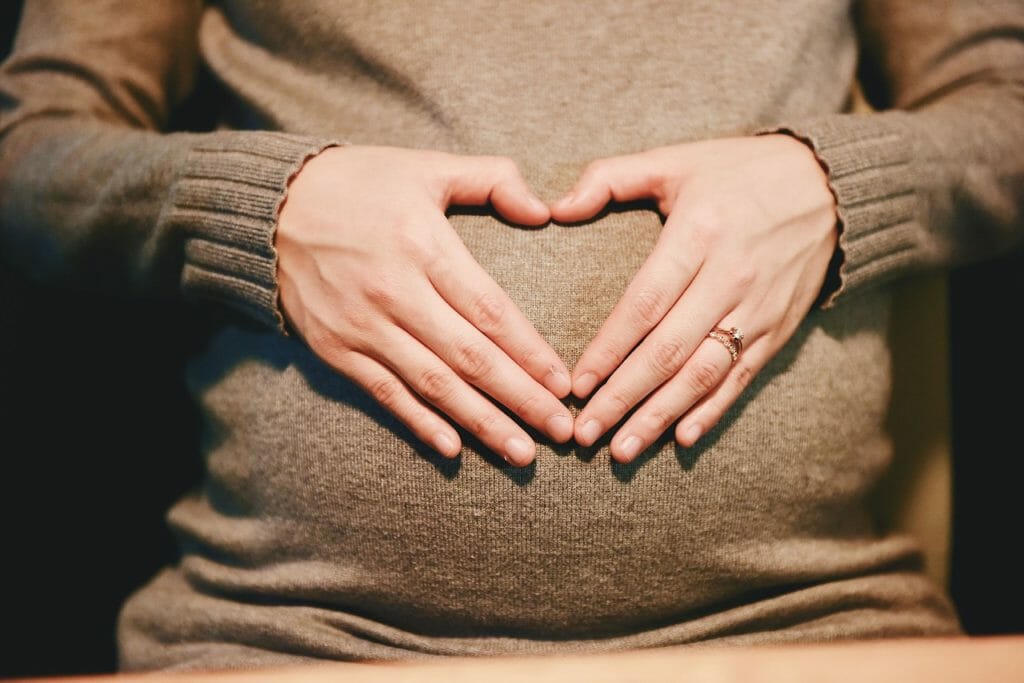When a woman becomes pregnant, she understands how critical it is to live a healthy lifestyle in order to protect both her and her baby’s health. Pregnant women should also maintain periodontal health, according to new clinical recommendations from the American Academy of Periodontology (AAP) and the European Federation of Periodontology (EFP). According to the AAP and EFP, research has shown that women with periodontal disease are more likely to have negative pregnancy outcomes, such as giving birth to a pre-term or low-birth-weight infant.
Periodontal disease is an inflammatory disorder caused by bacteria that affects the gum tissue and, in more severe cases, the bone that supports the teeth. Periodontal disease, often known as gum disease, can lead to tooth loss if left untreated, and it has been linked to other systemic diseases like diabetes and cardiovascular disease.
Dr. Nancy L. Newhouse, DDS, MS, President of the American Academy of Periodontology and a practicing periodontist in Independence, Missouri, advises that “tenderness, redness, or swollen gums are just a few signs of periodontal disease.” “Other signs and symptoms include bleeding gums when brushing or eating, gums pulling away from teeth, foul breath, and loose teeth. These indications should not be overlooked, especially during pregnancy, and may necessitate dental treatment.”
Several studies have revealed that women with periodontal disease are more likely than mothers with healthy gums to deliver kids prematurely or with low birth weight. According to the Centers for Disease Control and Prevention (CDC), babies weighing less than 5.5 pounds at birth are at risk for long-term health issues include impaired motor skills, social development, and learning difficulties. Babies born at least three weeks before their due date face similar issues. Respiratory problems, eyesight and hearing loss, as well as feeding and digestion challenges, are all linked to preterm birth.
Periodontal health is an essential element of a healthy pregnancy, according to the medical and dentistry societies. According to the AAP and the EFP’s clinical recommendations, non-surgical periodontal therapy is safe for pregnant women and can enhance periodontal health. The paper, which was simultaneously published in the Journal of Periodontology and the Journal of Clinical Periodontology, offers guidance for both dental and medical specialists in detecting and treating periodontal disease in pregnant women. Furthermore, the American College of Obstetricians and Gynecologists recently issued a statement urging pregnant women to maintain good oral health.
“Regular brushing and flossing, as well as a full periodontal evaluation by a periodontist, dentist, or dental hygienist during pregnancy, may reduce the risk of adverse pregnancy complications,” says Dr. Newhouse. “It’s critical for expecting mothers to keep track of their periodontal health and speak with their periodontist or dentist about the best treatment options. Maintaining your periodontal health not only benefits your general health, but it also helps to promote a good pregnancy and baby, according to Dr. Newhouse.“Regular brushing and flossing, as well as a full periodontal evaluation by a periodontist, dentist, or dental hygienist during pregnancy, may reduce the risk of adverse pregnancy complications,” says Dr. Newhouse. “It’s critical for expecting mothers to keep track of their periodontal health and speak with their periodontist or dentist about the best treatment options. Maintaining your periodontal health not only benefits your general health, but it also helps to promote a good pregnancy and baby, according to Dr. Newhouse.
Visit Dr. Kevin Calongne at West Houston Periodontics if you’re looking for a Periodontic Specialist in Houston, TX. For your periodontal health, we offer a variety of treatment options. We welcome new patients!

